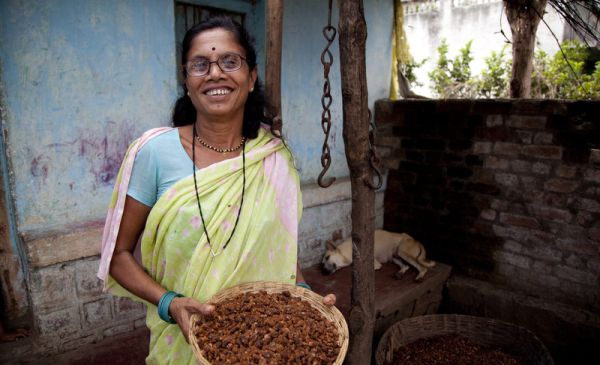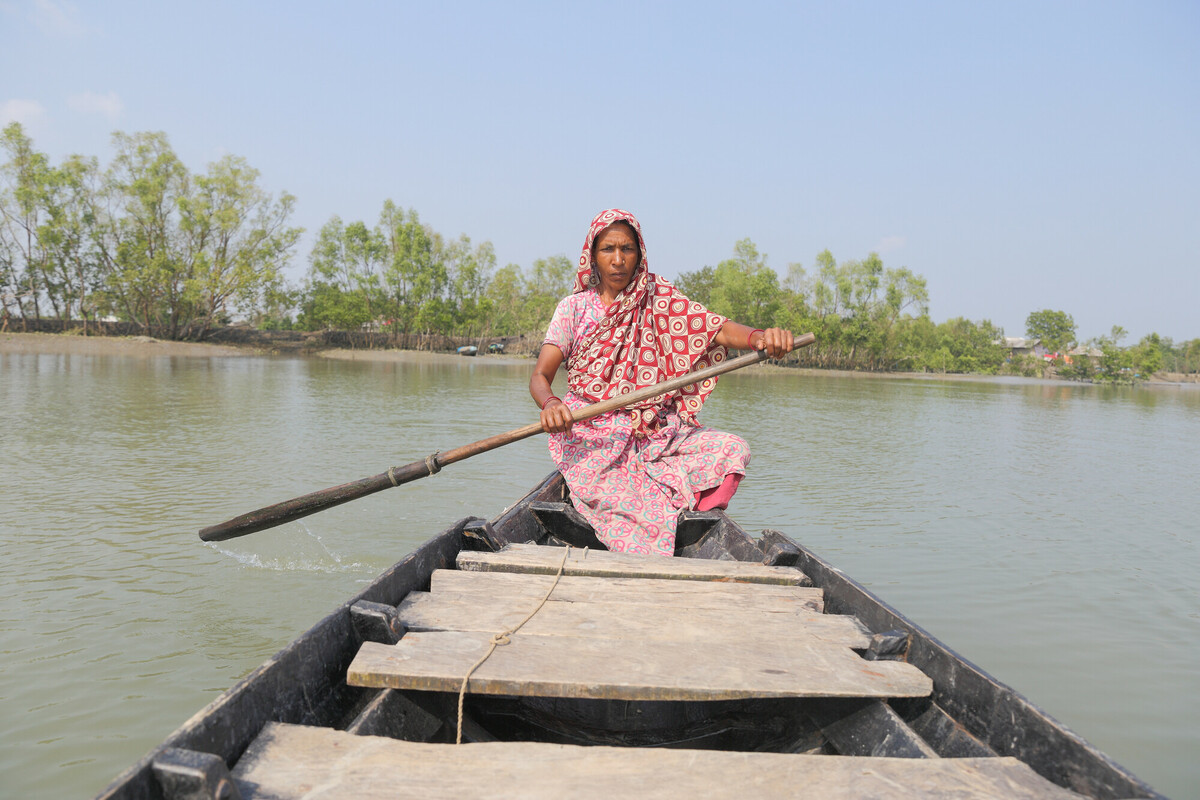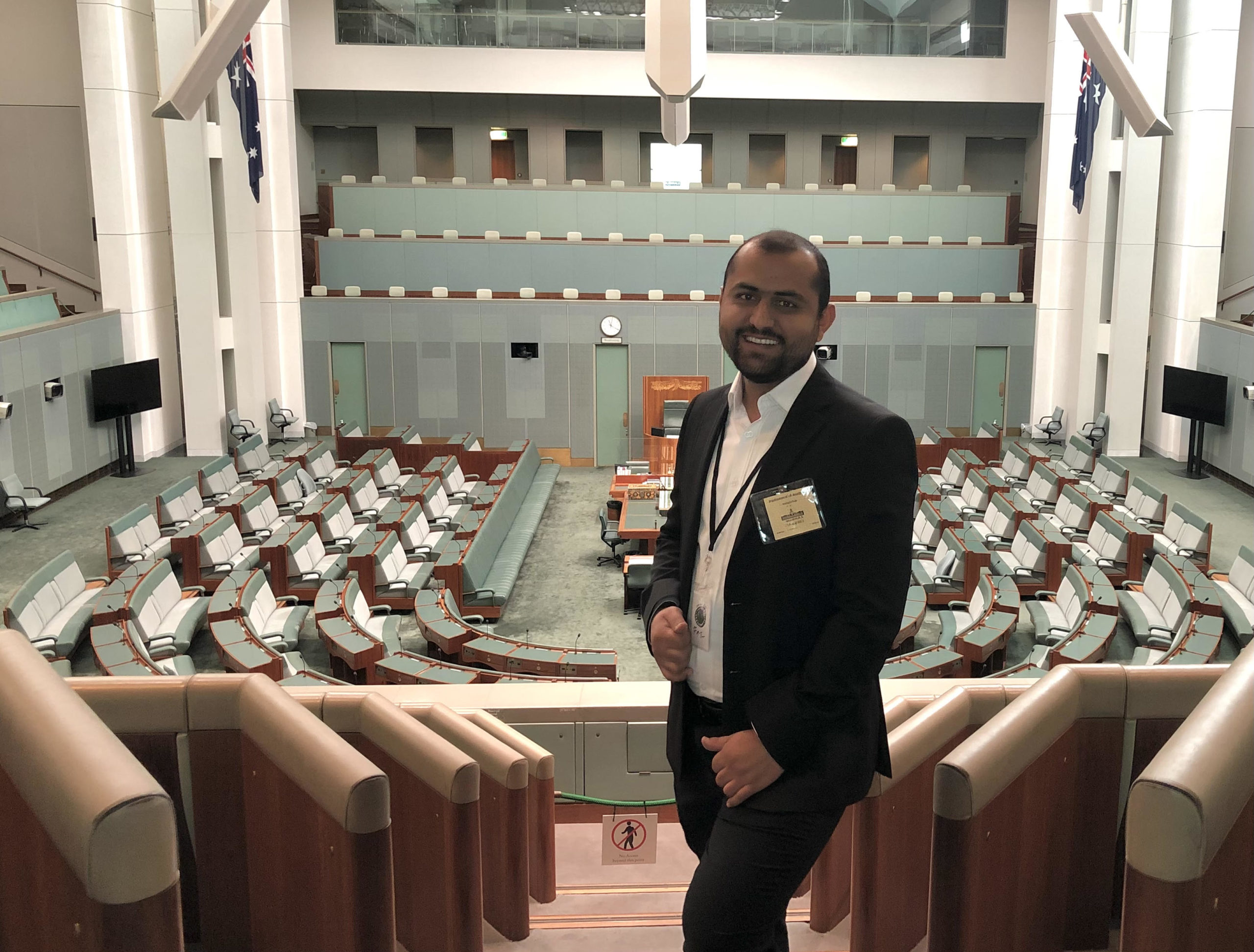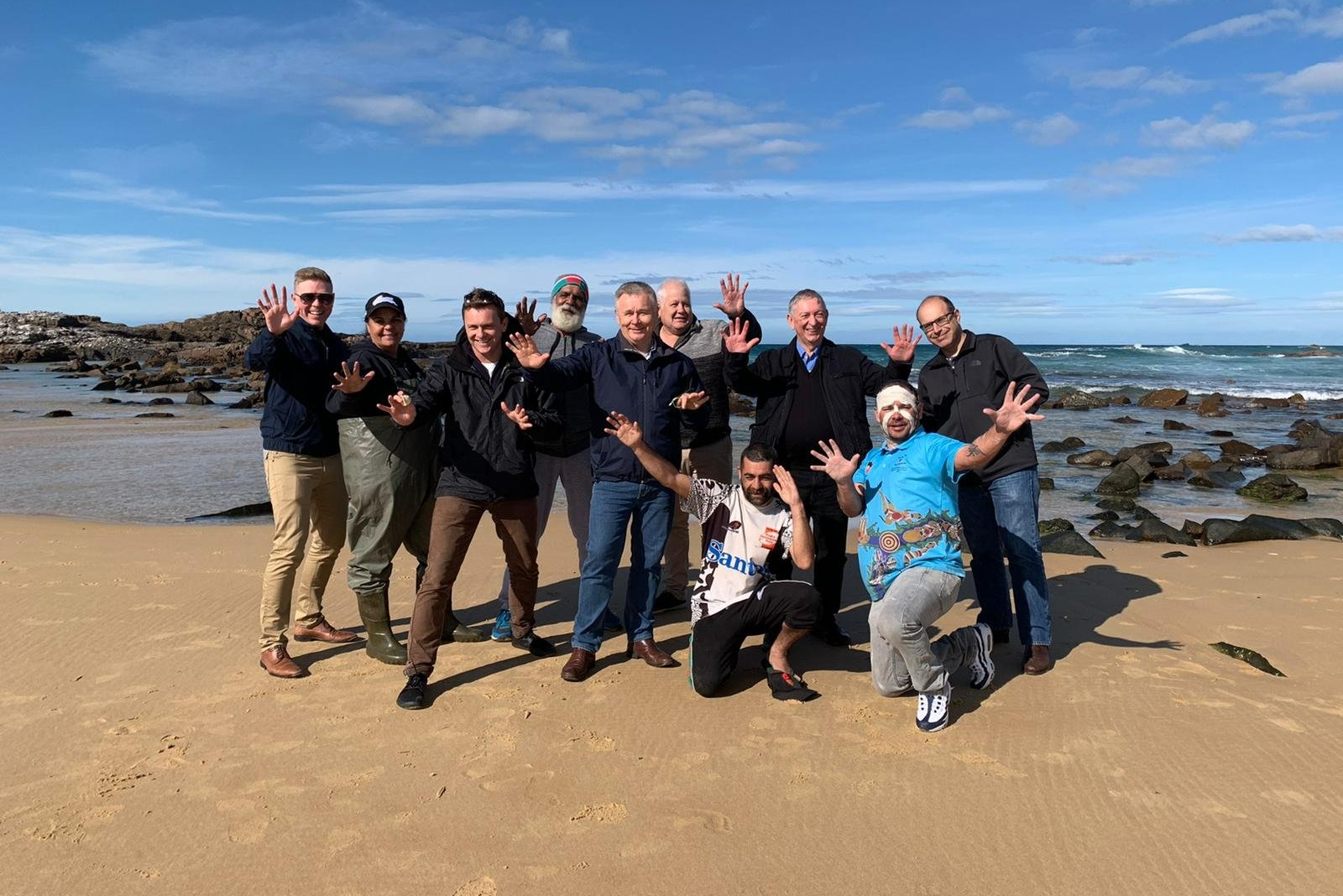Fifty-four-year-old Gowari woman Gangabai Laxman Sure has been a member of a women’s self-help group in Yavatmal (pop: 600) for a year. Her group is one of 12 established in the village with the help of Oxfam partner DILASA, and is proving to be a great forum for local women to support each other, learn useful new agricultural skills and gain the confidence that only comes with independence.
In this interview, Gangabai tells Oxfam’s Chris Johnson how the self-help group is changing lives in the village.
Can you tell me a bit about yourself?
Gangabai: My family works as agricultural labourers. We have got land on lease for cultivation from one farmer in this village. And we are cultivating some crops. I have two children: the eldest son is 30 years old; his name is Vijay. I also have a daughter; her name is Shalani and she is 26 years old. They are not in this village. They are working somewhere else. Vijay has two young children.
How did your self-help group come about, and what was DILASA’s role?
Gangabai: About a year back, DILASA staff came to our village. They informed us about the importance of self-help groups, and gave us information on how to form [one], and what are the benefits of forming such a group. So ten of the women from Gowari Tribal community came together and formed a group. Every month we meet and we save 50 rupees (AUD $1.05) per member. So we collect 500 rupees (AUD $10.55) and put it in the bank.
DILASA also informed us that we are already collecting more and more forest produce — why don’t you cooperate through your self-help group? So we … collected more information from DILASA, as to how this will help us, and DILASA informed us about getting … more [forest produce], how to preserve, and how to process it … and when is the right time in the year [to] get a better price in the market. So that was with the help of DILASA. Each of the members has been collecting and preserving more … And the month of March is a good time — then we sell them. Now we are better organised, and we have better marketing skills.
And why is it important for women to get together in a group like this — how does this benefit the community?
Ganagbai: It is important to form a self help group because the women are able to come together and we are able to save together. And what we are saving is helpful to us during our difficult times. If we trade together as a group then we get better prices and we are not beaten by the traders. So that is why it is important that we come together and we do the same things together and we help each other. This is possible only in a group.
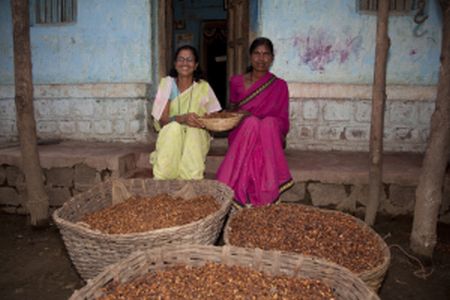
What are some of the challenges women in this village must face?
Gangabai: There are many problems for women in this village but we have to deal with them. Previously we weren’t able to do anything but now … we are beginning to address our problems slowly … Some houses, some families, still have problems of nutritious food. Although they are not suffering that bad, many of the families are still having problems with sufficient food …. Slowly we will try to help them with these problems.
Has the self-help group helped you socially? How about financially?
Gangabai: We have seen some changes taking place. Previously women did not have much exposure to the outside world … We have started coming together, we have seen our happiness together…we share things together and with each other. And if someone has some difficulty we will try to help that.
Now we are able to come together and we are able to talk to each other, help each other. DILASA is helping us, not only with formation of the group, but they are also giving us information [which] gives us better knowledge about our life, about our culture, about our forests. Altogether, it’s helping us.
In the social status, women have improved. We are more likely to go out of the house and meet with each other – it was not possible before. Our income is also increasing because we have improved information on agriculture products. So with DILASA’s help we have benefited in terms of income.
Do you hope to recruit more women into the group? Or do you hope that other groups start up within the community?
Gangabai: We hope we help other women to promote their own groups … I am the person who formed the first group in this village … with the help of DILASA. And after that we settled the group. Whatever information I have about the group I can share with other women…
How does your self-help group feel about the future?
We are hoping for a good future for us and our children.
While women’s self-help groups like Gangabai’s are making a huge difference to the lives of poor Indian agricultural communities, the battle for land rights and fairer working conditions continues for the country’s indigenous farmers. By donating to our Harvest Appeal, you’ll be helping them grow a brighter future.
Want to know more about our work in India? Check out last week’s interview with Ganesh and Anusaya.
